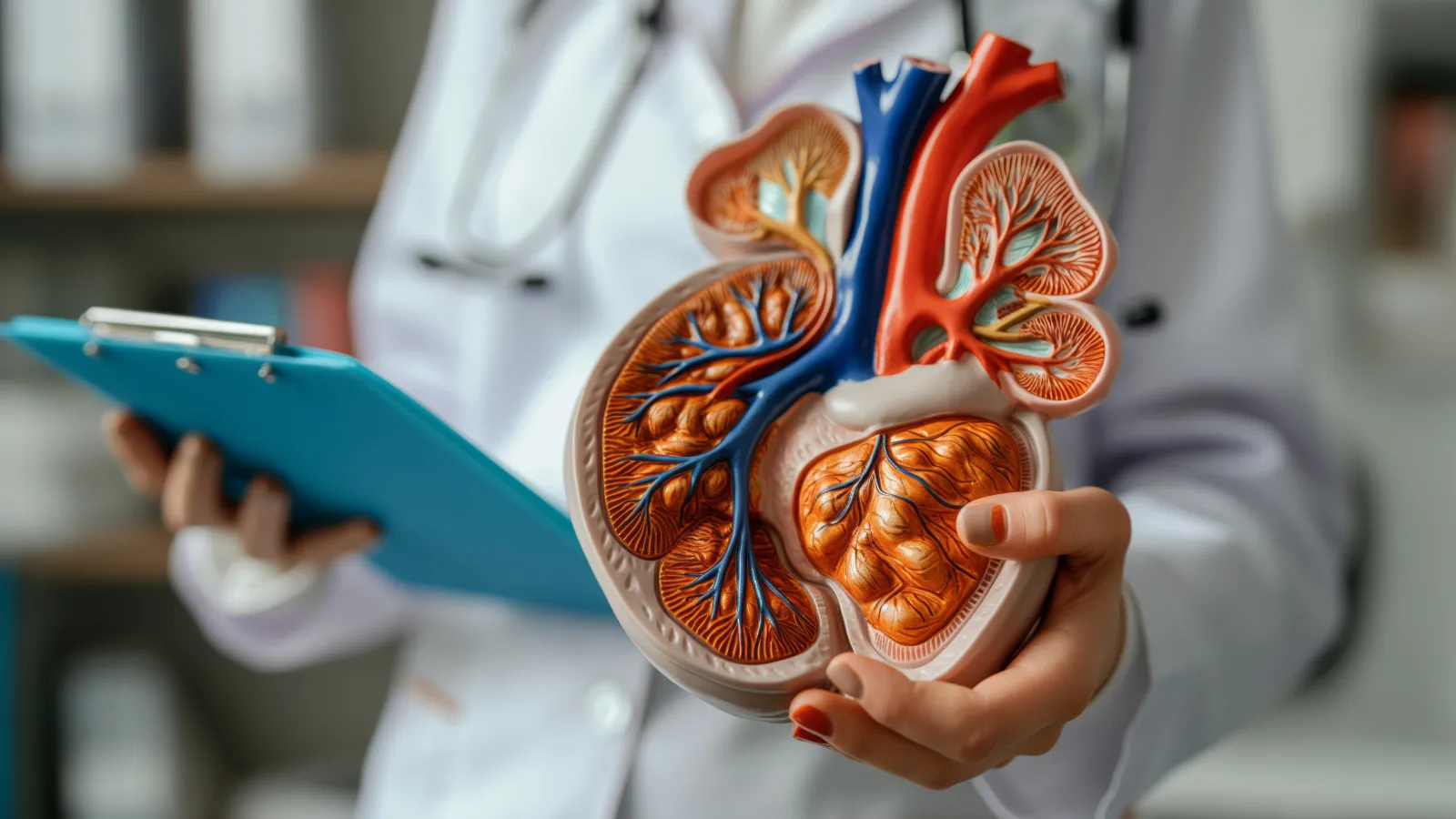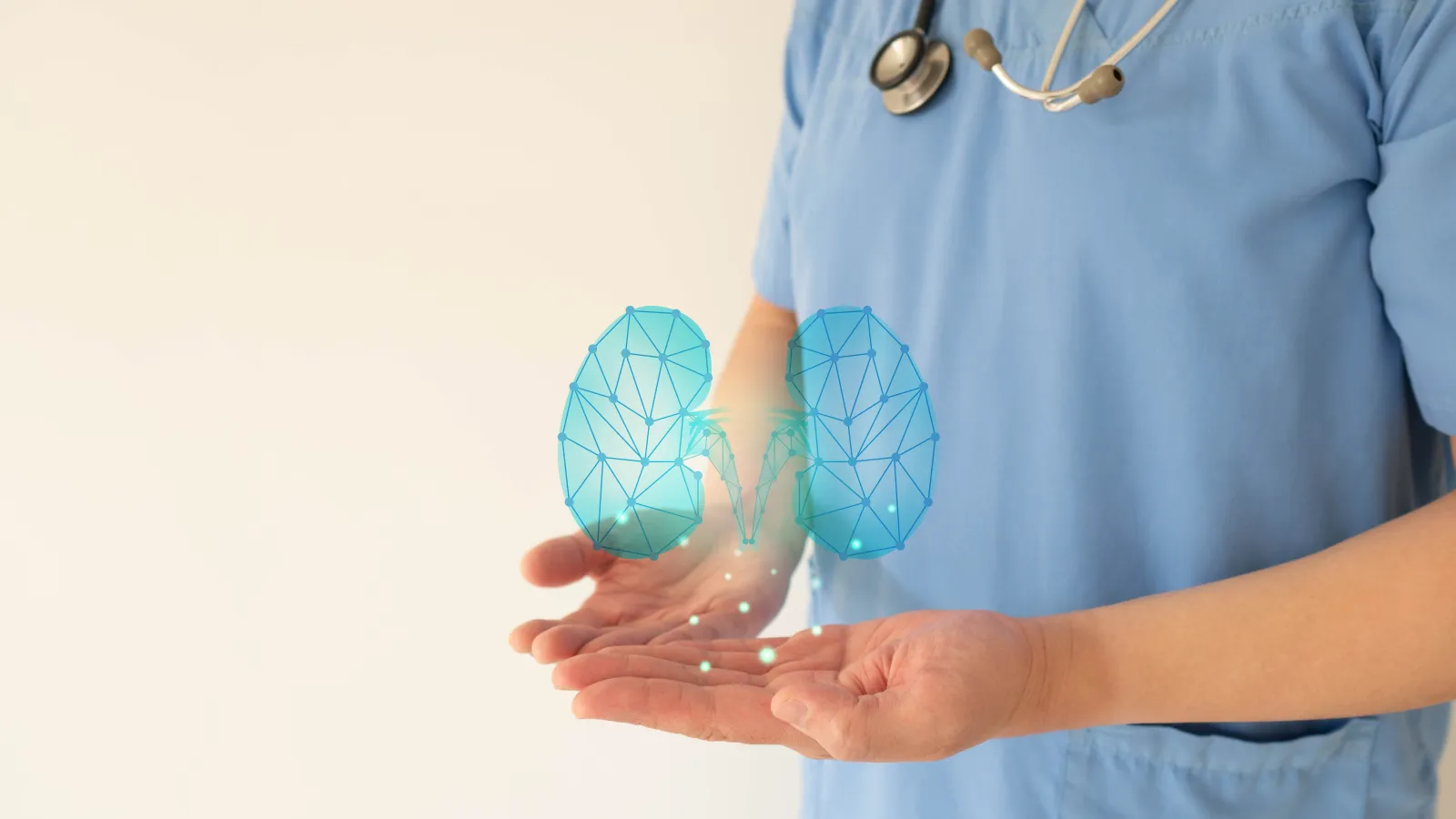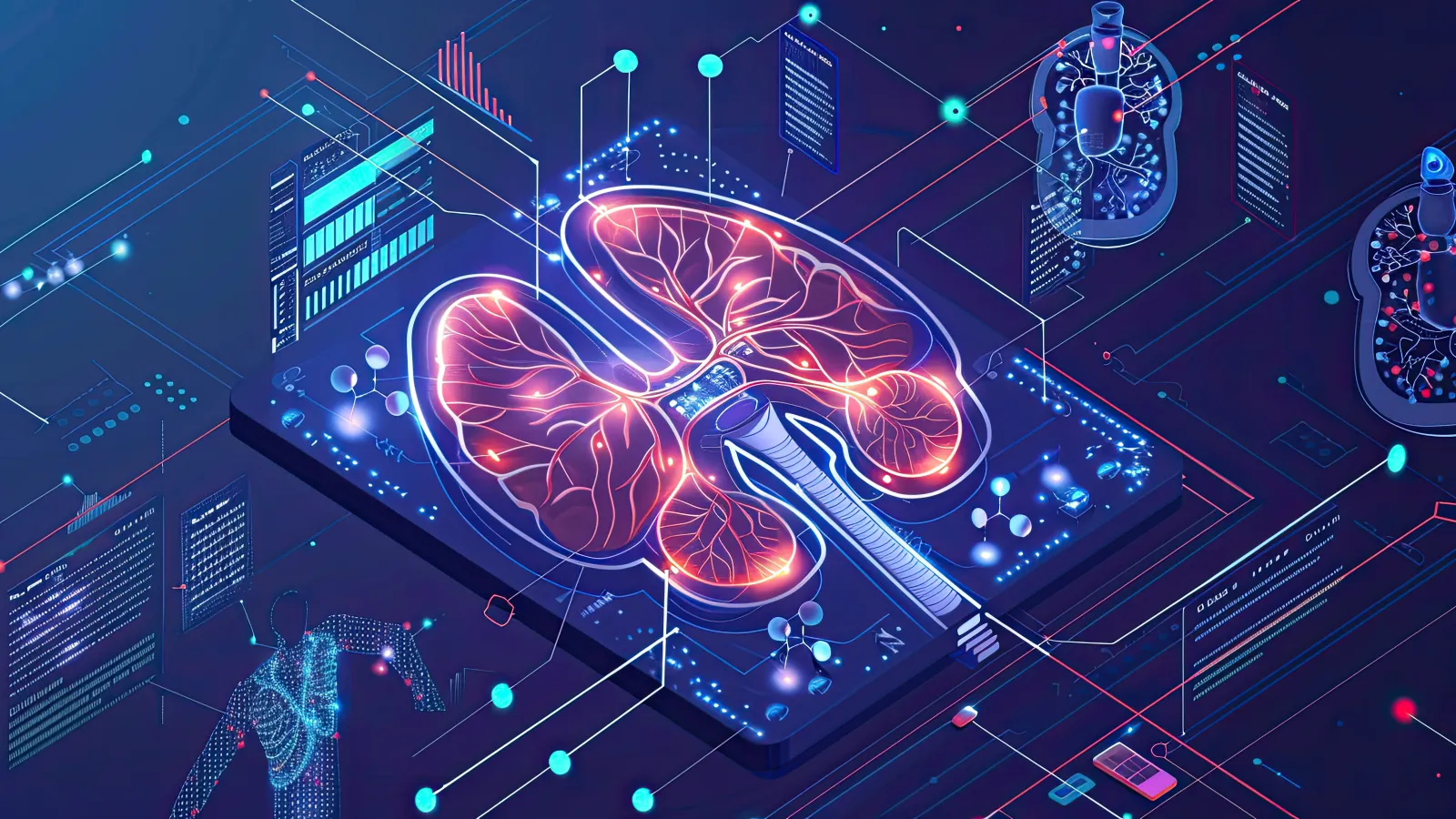Kidney Stone Treatment in Atlanta
What Are Kidney Stones?
Most kidney stones (also known as urolithiasis) are formed due to changes in the natural balance of minerals and water in the urine. They consist of salts and minerals which crystallize and stick together, forming mineral deposits known as stones. If large enough, they may be stuck in the urinary tract system.
We Offer The Best Treatment For Kidney Stones In Atlanta
We have the best tools to find and remove stones. Our most advanced treatments have incredible precision and pinpoint accuracy, resulting in better stone clearance. We know kidney stones are painful, so we offer same-day appointments. Most importantly, they're covered by insurance!
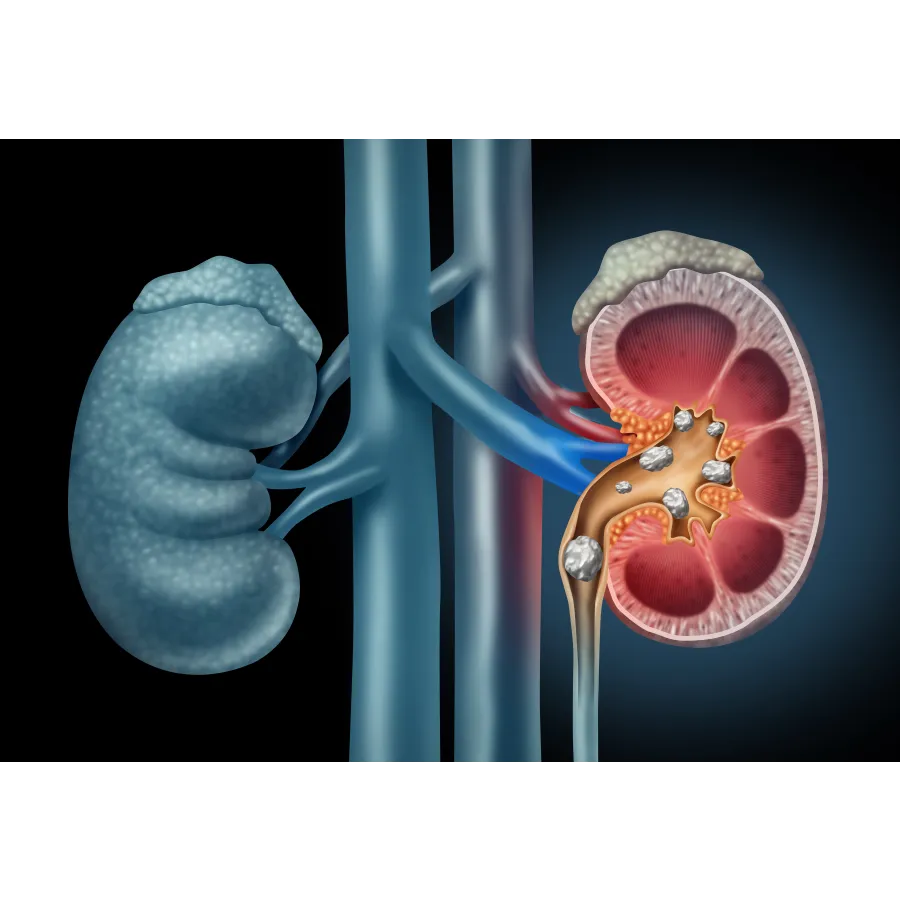
Common Signs & Symptoms Of Kidney Stones
- Pain on the sides and back of the abdomen, between the lower ribs and hips; may radiate down to the groin area
- Recurrent dull pain in the flank*
- Pain that comes in waves and fluctuates in intensity
- Pain on urination or urethra spasms
- Pink, red or brown urine
- Cloudy or foul-smelling urine
- Nausea and vomiting
- Persistent need to urinate
- Urinating more often than usual
- Urinating small amounts
- Fever and chills if an infection is present
*This typically is a sign for kidney stones, however, we do other tests to ensure that you do not have any other kidney issues
Possible Causes
Of Kidney Stones
Many people associate kidney and ureteral stones with pain. However, symptoms can vary from severe pain to no pain at all, depending on stone characteristics such as size, shape, and location in the urinary tract. Many patients have kidney stones, yet very few ever have a comprehensive evaluation as to the reason they are forming stones.
At Advanced Urology, we always evaluate the root cause of stone formation. We can help prevent stones before they start. Better yet, if you have a history of forming stones, you have a 50% chance of forming another stone. We can help prevent more from forming!
When to See a Doctor for Kidney Stones
We can help prevent stones before they start. Better yet, if you have a history of forming stones, you have a 50% chance of forming another stone. We can help prevent more from forming! You should consult a doctor if you have severe, unrelenting pain in your back, side, belly, groin, or genitals, especially if it comes in waves.
Signs such as blood in your urine, fever and chills, vomiting, foul-smelling or cloudy urine, burning during urination, or trouble passing urine should not be ignored. Seek immediate medical attention if the pain is so intense that you can't find a comfortable position or if you have episodes of intense shivering or shaking.
Schedule Appointment Online
Important Advice For Before, During, & After The Procedure

Before the ESWL Procedure
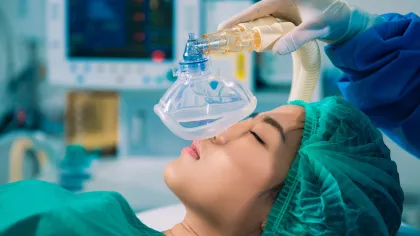
During the ESWL Procedure
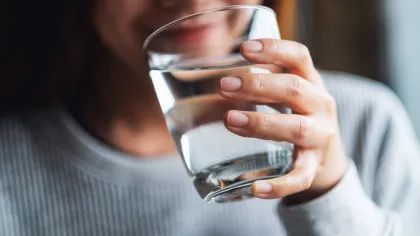
After the ESWL Procedure
Ureteroscopy & Laser Lithotripsy
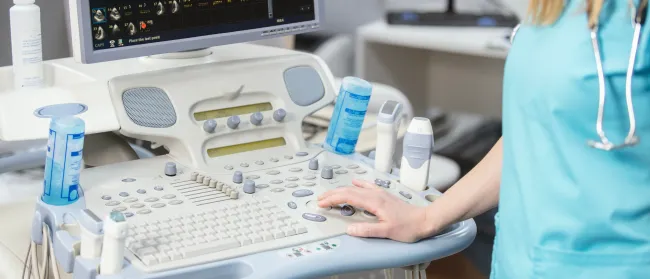
Percutaneous Nephrostolithotomy (PCNL)
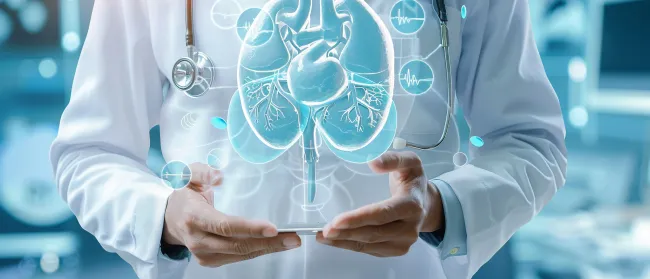
Schedule Appointment Online
Frequently Asked Questions (FAQs) About Kidney Stones
Q Can kidney stones lead to complications if left untreated?
Yes, if kidney stones are left untreated, they can lead to serious complications such as urinary tract infections (UTIs), kidney damage, or even kidney failure in severe cases. Blockages caused by stones can obstruct urine flow, leading to swelling of the kidney (hydronephrosis) and increased pressure that can harm kidney function over time. Prompt diagnosis and treatment can help prevent these complications.
Q Are there ways to prevent kidney stones from forming?
Yes, kidney stones can often be prevented by making lifestyle changes such as staying well-hydrated, reducing salt intake, and following a balanced diet that includes calcium-rich foods while avoiding excessive oxalate-rich foods like spinach and nuts. Maintaining a healthy weight and following any dietary recommendations provided by a healthcare provider based on the type of stone you are prone to can also help reduce the risk of recurrence.
Q How are kidney stones diagnosed?
Kidney stones are diagnosed through a combination of medical history, physical examination, and diagnostic tests. Common tests include imaging studies such as ultrasound, X-ray, or CT scan to locate the stone and determine its size. A urinalysis may also be performed to detect blood or crystals in the urine, and blood tests can help identify underlying metabolic conditions contributing to stone formation.
Q What treatment options are available for kidney stones?
Treatment options for kidney stones depends on their size and severity of symptoms. Small stones may pass on their own with increased fluid intake and pain management. Medications for kidney stones may be prescribed to relax the ureter and facilitate passage. For large kidney stones, medical interventions such as extracorporeal shock wave lithotripsy (ESWL), ureteroscopy, or surgical procedures may be necessary to break up or remove the stone.
